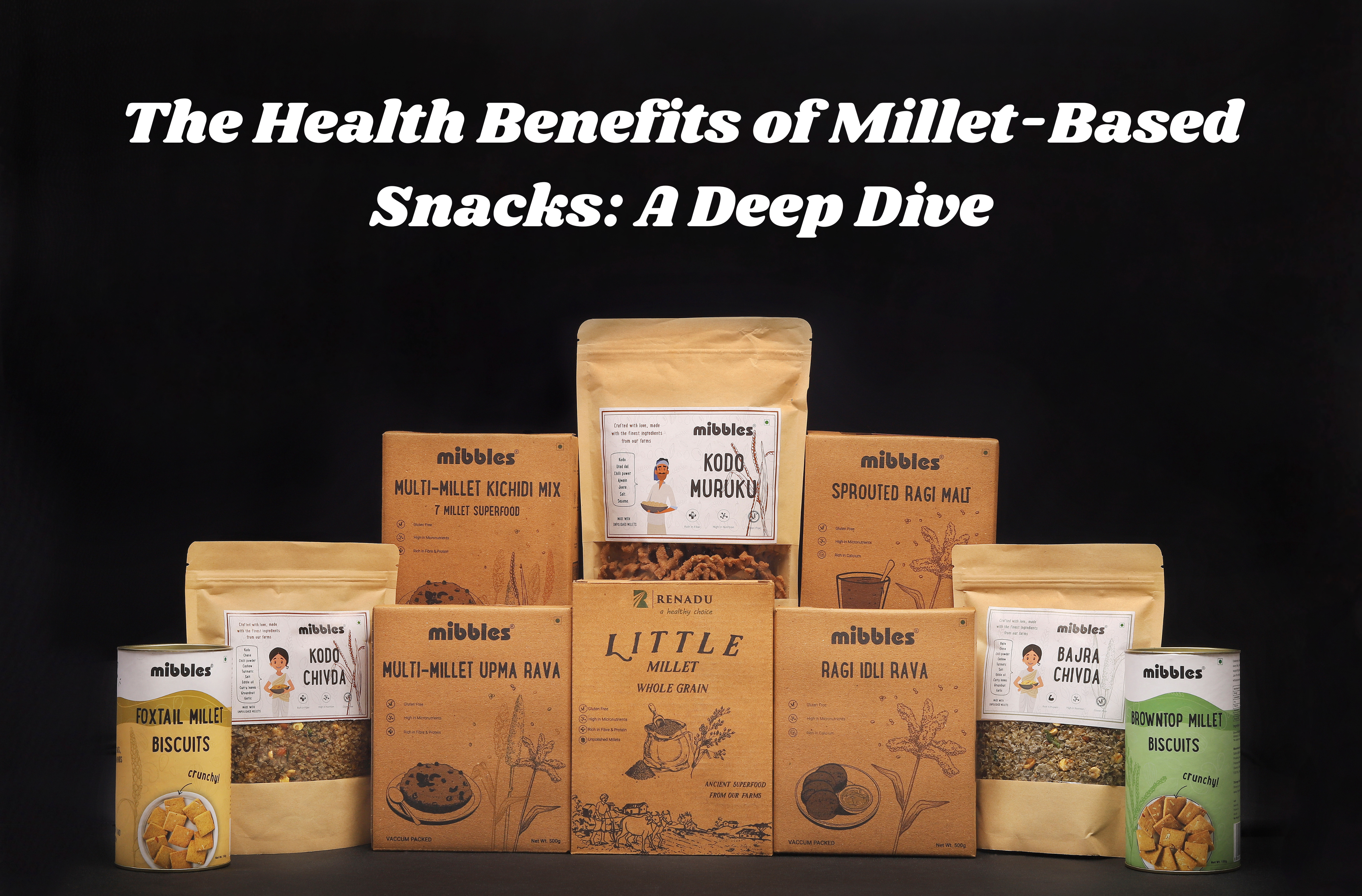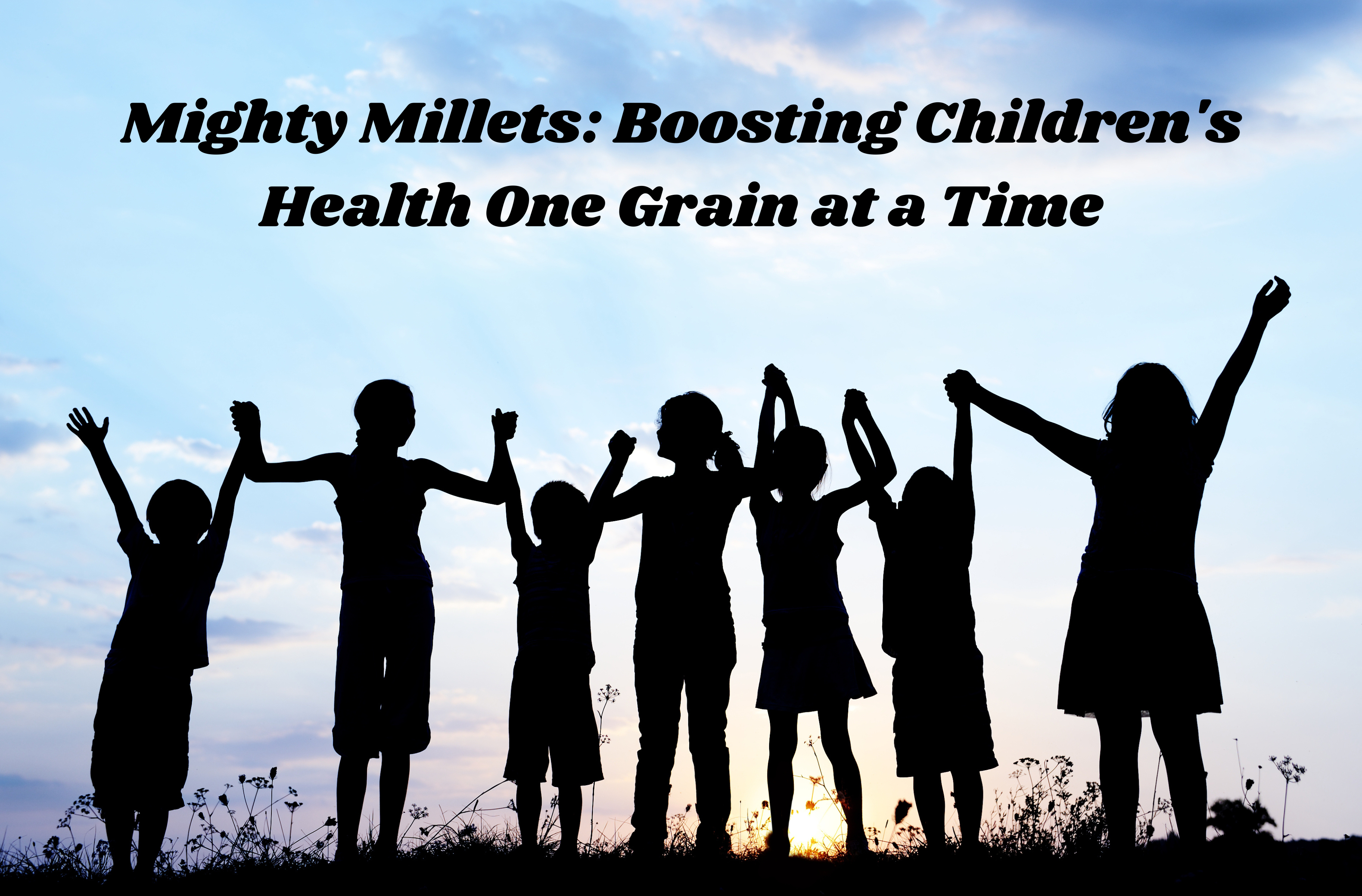Sustainable Living with Millets: Embracing Eco-Friendly Choices for a Greener Future

In a world increasingly aware of the environmental impact of our choices, sustainable living has become more than just a trend; it’s a necessity. One area where individuals can make a significant difference is in their dietary choices. Millets, often hailed as ancient grains, are emerging as heroes not only for our health but also for the health of our planet.
The Environmental Toll of Conventional Agriculture
Traditional agricultural practices, particularly those associated with monoculture and intensive farming, often take a toll on the environment. Excessive water usage, soil degradation, and the extensive use of chemical fertilizers and pesticides contribute to ecological imbalances and threaten biodiversity.
Millets and Sustainable Agriculture
Millets, on the other hand, are hardy crops that require minimal water and can thrive in diverse climates. Their short growing cycles make them resilient against climate change, and many millet varieties are naturally pest-resistant, reducing the need for chemical interventions. The ability to grow millets using rainfed agriculture further lessens the strain on water resources.
Reducing Carbon Footprint
Millets have a significantly lower carbon footprint compared to some conventional grains. The production of millets emits fewer greenhouse gases, contributing to climate change mitigation efforts. Additionally, millet cultivation often involves less mechanization, reducing reliance on fossil fuels.
Preserving Biodiversity
The cultivation of a variety of millets promotes biodiversity. Unlike large monocultures that can be vulnerable to pests or diseases, the diversity inherent in millet farming helps protect against such threats. Preserving biodiversity in agriculture is essential for maintaining resilient ecosystems.
Supporting Local Farmers
Choosing millets supports local farmers and rural economies. Many millet varieties are indigenous to specific regions, and promoting their cultivation helps maintain agricultural diversity and empowers local communities.
Reducing Food Waste
Millets are known for their longer shelf life, reducing the likelihood of food spoilage and waste. Their adaptability to different climates means they can be grown locally, minimizing the need for long transportation routes that contribute to carbon emissions.
Your Plate, Your Impact
As consumers, every meal we choose plays a role in shaping the future of our planet. By embracing millets, not only do we nourish our bodies with nutrient-rich grains, but we also contribute to a more sustainable and eco-friendly food system.
In conclusion, incorporating millets into our diet is a small yet impactful step toward sustainable living. It’s a delicious way to support the health of our bodies and the health of our planet, forging a path toward a greener, more sustainable future.





